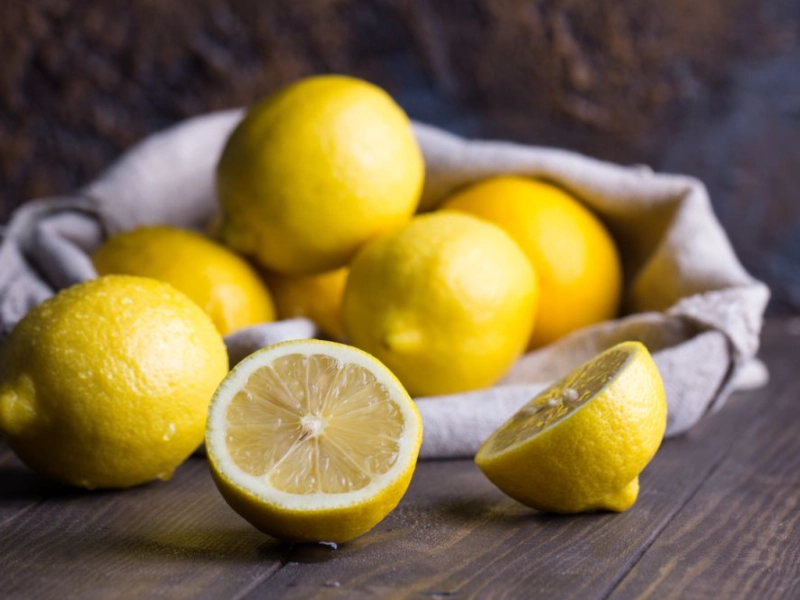Advertisement
3.Lemon Juice: A Zesty and Refreshing Caper Alternative

Advertisement
In many cooking uses, lemon juice—with its strong, sour taste and high acidity—emerges as a surprisingly good substitute for capers. While adding its own cool flavour, this easily available citrus fruit may replicate the sharp, peppery characteristics that capers offer to a meal. Using lemon juice as a caper substitute not only fixes the caper shortage but also helps to lighten and accentuate a dish's whole taste sensation.
Knowing lemon juice's flavour profile and how it interacts with other components would help one to effectively substitute it for capers. Lemons have their distinct acidity from their high citrous acid concentration. Lemon juice is a great substitute in meals where capers are used more for their tangy kick since this acidity is like that of saline, pickled flavour of capers. Lemons also have a fresh, crisp taste that can accentuate other foods without overwhelming them.
Carefully evaluate the quantity when substituting lemon juice for capers. Usually you'll need to use less lemon juice as it is more strongly acidic than capers to get a comparable result. Starting from around half the amount of lemon juice as you would capers, is a decent basis. For a dish using one tablespoon of capers, for instance, start with half a tablespoon of lemon juice. From then, you can change the quantity to suit your taste; bear in mind that adding more is always simpler than correcting an overly acidic meal.
Think about adding some freshly ground black pepper to improve lemon juice's caper-like properties. This ingredient brings a subdued bitterness and richness more akin to that of capers. Black pepper and lemon juice taken together will produce a more complete taste that fits many different kinds of cuisine.
Many old recipes call for lemon juice as a caper replacement. For chicken piccata, for example, a recipe where capers take the stage, lemon juice performs very brilliantly. The lemon juice's acidity slices through the butter sauce's richness to provide a well-balanced and aromatic meal. Lemon juice may offer the same vivid, sour flavours that capers would add in fish recipes, either a basic pan-seared salmon or a more sophisticated seafood pasta.
Lemon juice can substitute capers in salad dressings and vinaigrettes thereby preserving the required acidity and taste balance. It works especially nicely with olive oil, herbs, and mustard to create flexible dressings fit for a range of salads or as a marinade for meats and vegetables.
Lemon juice's adaptability in hot and cold cuisine is one of its benefits as a caper alternative. Unlike some other replacements, lemon juice can be added at several phases of cooking without appreciably changing its flavour character. It can be added just before serving to preserve its fresh, vivid taste in cold foods as salads or cold spaghetti. It can be added at the end to give a last blast of acidity or integrated throughout cooking in hot recipes.
Although lemon juice doesn't have the same textural element, it can reasonably replace capers in many recipes. Particularly when used whole or slightly chopped, caps offer a unique feel that accentuates foods. To offset this, think about including other components with a comparable textural contrast, such finely chopped herbs or a sprinkles of toasted breadcrumbs.
Ultimately, in a variety of cooking uses, lemon juice shows to be a flexible and easily available replacement for capers. Its sharp, acidic taste gives food its own reviving twist while simulating capers' acidity. When you run low capers, grab for a lemon whether you're making a zesty salad dressing, a classic chicken piccata, or a mouthwatering fish meal. This basic substitution might provide great outcomes and maybe spark fresh taste combinations in your cooking repertory with cautious application and a readiness to experiment.
